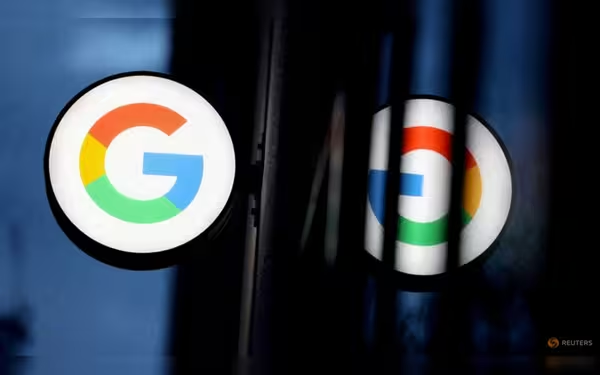Saturday, November 16, 2024 07:31 PM
UK Watchdog Raises Concerns Over Google's Ad-Privacy Strategy
- CMA expresses ongoing concerns about Google's cookie practices.
- Google allows users to permit cookies in Chrome browser.
- ICO previously supported Google's plan to eliminate tracking cookies.
 Image Credits: channelnewsasia
Image Credits: channelnewsasiaUK's CMA raises concerns over Google's ad-privacy plan, emphasizing ongoing scrutiny of cookie practices and user privacy.
In recent developments, Google's online advertising practices have come under intense scrutiny in the United Kingdom. The Competition and Markets Authority (CMA) has expressed that "concerns remain" regarding Google's decision to retain third-party cookies in its Chrome browser. This comes after Google initially planned to eliminate these cookies, which are small pieces of code that track users' online activities.
Cookies play a significant role in the digital advertising ecosystem. They allow advertisers to tailor ads based on users' browsing habits, making advertisements more relevant and personalized. However, when Google announced its intention to remove these tracking tools, many advertisers voiced their concerns. They argued that such a move would hinder their ability to deliver personalized ads, ultimately affecting their revenue streams.
In response to the backlash, Google, which is owned by Alphabet, decided to allow users the option to permit cookies while browsing with Chrome. This change was an attempt to address the concerns raised by advertisers and maintain its position in the competitive online advertising market.
Following this reversal, the CMA invited various stakeholders to share their opinions on Google's new approach. The CMA stated, "Based on careful consideration of the responses we received, the CMA’s view is that competition concerns remain under Google’s revised approach." This indicates that the regulatory body is not entirely satisfied with Google's proposed changes and is keeping a close eye on the situation.
Moreover, Google's cookie practices have attracted attention from other regulatory bodies, including the Information Commissioner's Office (ICO) in Britain. The ICO had previously supported Google's plans to eliminate tracking cookies, highlighting the ongoing debate surrounding user privacy and data protection.
A spokesperson for Google reassured the public, stating that the company's approach would empower users to make informed choices while browsing the internet. They emphasized, "As we finalize this approach, we’ll continue to consult with the CMA, ICO, and other regulators globally, and look forward to ongoing collaboration with the ecosystem to build for a private, ad-supported internet." This statement reflects Google's commitment to working with regulators to ensure a balance between user privacy and the needs of advertisers.
The ongoing discussions between Google and regulatory bodies like the CMA and ICO highlight the complex relationship between user privacy and digital advertising. As the digital landscape continues to evolve, it is crucial for companies to find a way to respect user privacy while still providing effective advertising solutions. The outcome of these discussions will not only impact Google but could also set a precedent for how online advertising is conducted in the future. As users, it is essential to stay informed about these developments, as they directly affect our online experiences and privacy.













